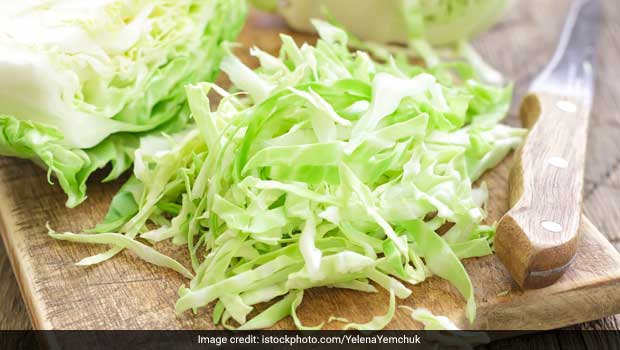
High blood pressure or hypertension is defined as a condition where the force of blood against the artery walls is higher than it is supposed to be. High blood pressure is one of the most common ailments around the world. According to WHO, raised blood pressure affects 1.13 billion people worldwide. Monitoring diet and lifestyle habits is a crucial component of blood pressure management. Foods high in sodium, refined oil or trans-fats are not advisable to include in a high blood pressure diet as they tend to put immense pressure on blood vessels, which restricts blood flow and raise pressure.
You should instead include fruits and vegetables that are rich in fibres and antioxidants. According to experts, green and leafy vegetables are an ideal bet for high blood pressure patients. They are enriched with many vitamins and minerals that could help check surge in blood pressure levels.
Here are 5 green vegetables that may help manage blood pressure levels:
1. Spinach:
Spinach is an excellent source of potassium. Potassium helps negate the ill-effects of sodium in the body. It also helps the kidney eliminate excess sodium from the body through urination. In addition to potassium, spinach is enriched with heart-friendly nutrients like folate and magnesium. The leafy wonder is also a good source of lutein. Lutein is instrumental in preventing thickening of walls of arteries, which helps reducing the risk of strokes and blood pressure.
(Also Read: Spinach Nutrition: Amazing Cooking Tips And Health Benefits)

Spinach is an excellent source of potassium.
2. Celery:
This negative-calorie food is an excellent addition you can make to your high blood pressure diet. According to the book, 'Healing Foods' by DK publishing House, "Celery is a good source of coumarin, which helps lower blood pressure and aid water balance, and phthalides , anti-coagulants that reduce the risk of blood clots and stroke and lower stress-hormone levels." You can make delicious juices out of celery, have them in salads or simply infuse them in water and drink the amazing detox water through the day.
3. Cabbage:
You can add them to stews, have them stir-fried or blend them in juices; cabbage is a one versatile veggie that should find a place in your diet for a variety of reasons, one of them being its ability to keep a check on blood pressure. Hundred grams of cabbage has about 170 grams of potassium. Before cooking, make sure you have washed the cabbage well. There could be many pests and bacteria hidden within the leaves.
(Also Read: 7 Amazing Benefits of Cabbage Juice, the New Health Tonic)
 Hypertension: Hundred grams of cabbage has about 170 grams of potassium
Hypertension: Hundred grams of cabbage has about 170 grams of potassium4. Romaine Lettuce:
The salad staple can do wonders for your heart health too by checking your blood pressure levels. Apart from salads, you can enjoy lettuce as a sandwich filling too. You can also replace taco shells with lettuce.
 Romaine Lettuce for Hypertension: The salad staple can do wonders for your heart health
Romaine Lettuce for Hypertension: The salad staple can do wonders for your heart health5. Kale:
Kale and its nutrient-dense profile has made it a favourite in the world of health and nutrition. With 348 mg of potassium in 100 grams, kale is an ideal leafy addition you can make to your high BP diet. It is also rich in heart-friendly nutrients and antioxidants such as lutein, omega-3 fatty acids and flavonoids. There's so much that you can do with kale; you have them in stews, broths, and smoothies too.

Kale salad.
So what are you waiting for? Include them in your diet and see the impact for yourself
Disclaimer: This content including advice provides generic information only. It is in no way a substitute for qualified medical opinion. Always consult a specialist or your own doctor for more information. NDTV does not claim responsibility for this information.
Track Latest News Live on NDTV.com and get news updates from India and around the world

